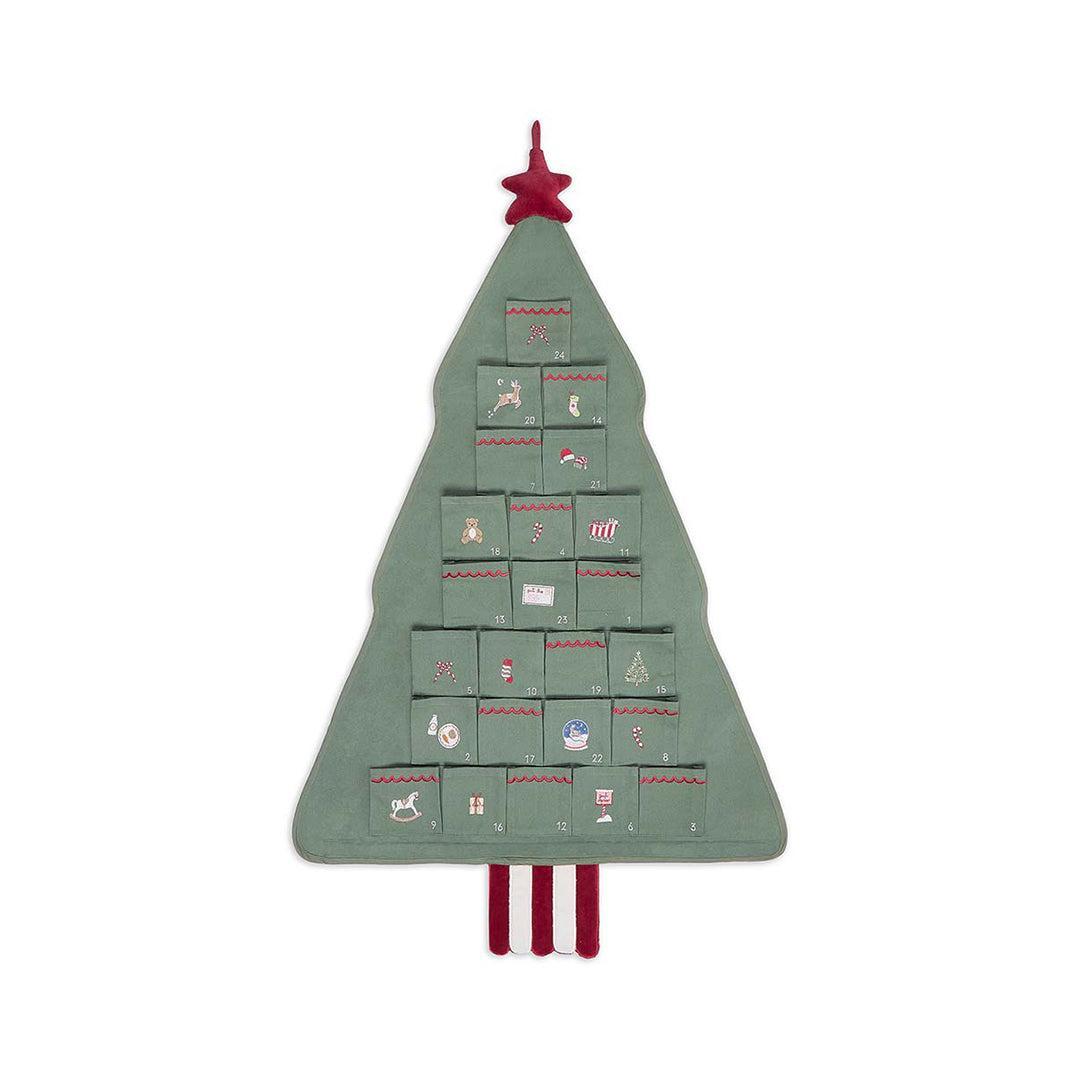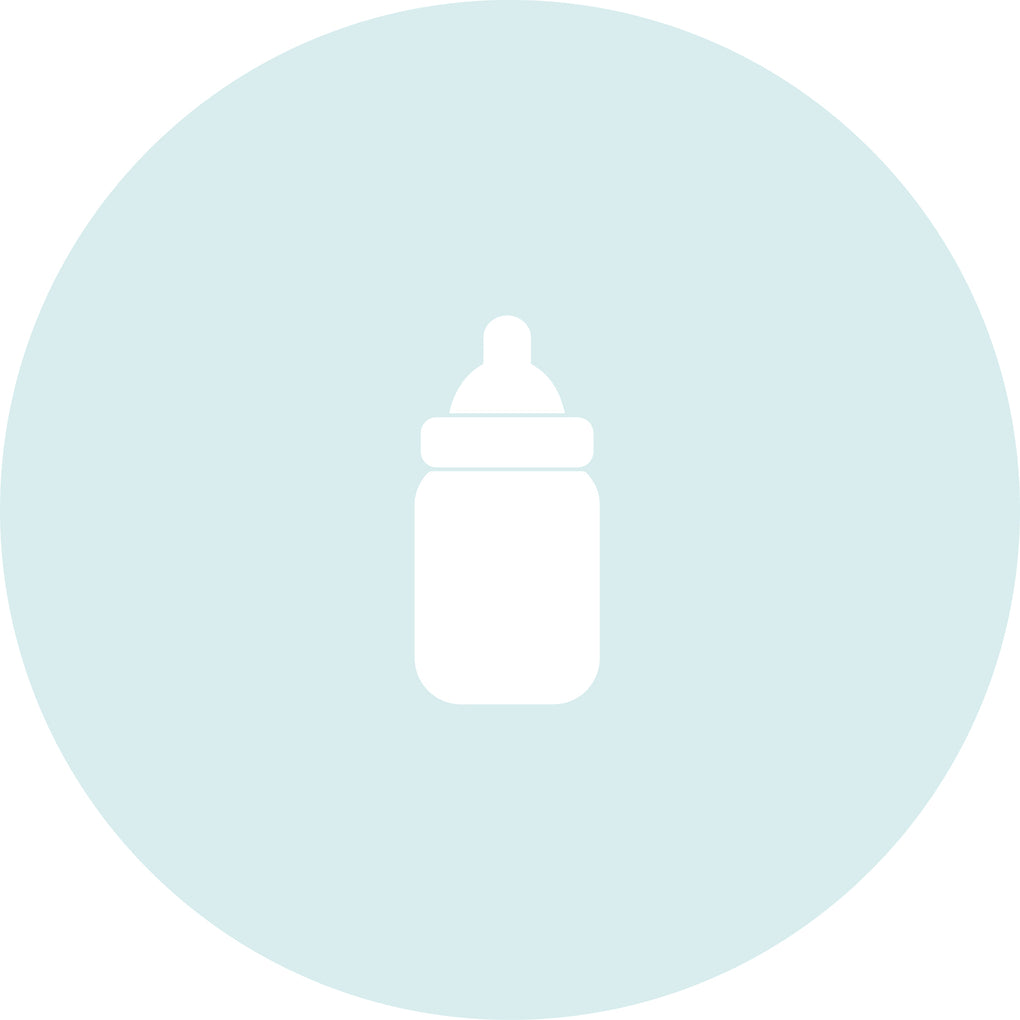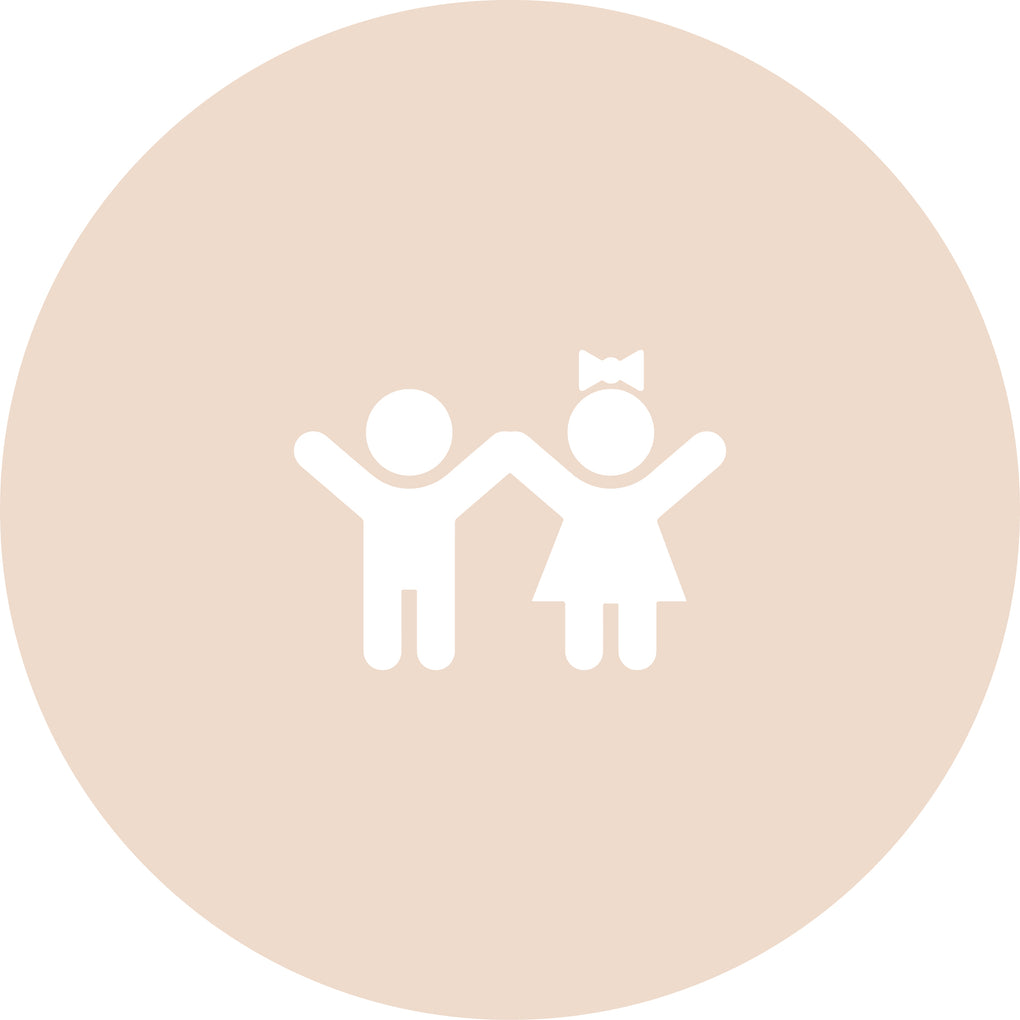This week is national recycling week and what better time than this to start changing your recycling habits at home and also get your children in on the recycling action too. Teaching your children to love the planet and the positive effect responsible recycling can have will help them to have healthy habits from an early age that they can take into their future. Teaching your children from an early age how to reduce, reuse and recycle objects will help inspire them for the future.
Teaching children about recycling may not sound like the most exciting family activity, so we have pulled together some top tips to help make it fun and interesting for the whole family.

Lead by example
It’s so important to set a good example for your little ones to follow and they will really quickly pick up your actions and start to imitate you. Therefore, with recycling, you must practice what you preach. At home, separate your waste into different brightly coloured rubbish bins. These bins should include waste from paper, glass bottles, metallic cans and organic waste. Make sure that when disposing your rubbish, you put each item into the related bin and that your kids observe and repeat your actions.
Make it a game
We all know children are more engaged when they are having fun, so why not make it into a game. With a bit of creativity, there are so many games that can be played as a family. Here is 2 great ideas to get you started.
Odd one out
Gather some everyday household items and waste in a pile that all fit 1 recycling theme, i.e paper, glass or cans and add 1 random item that doesn’t fit the theme. Ask them to point out the odd one out that shouldn’t be recycled with the rest.
Race to the bin
Another one that is always a winner in our house is adding in a bit of competitive spirit. Simply get some buckets and make it clear which bucket is which for paper, glass, cans or general waste. Gather together some items that are suitable for each of the bins and put your little ones into teams and make them race to put all of the items in the correct bucket. Create a point system or hints and tips to make it even more engaging for your little one. They will pick up the trends and themes very quickly and be recycling professional in no time that will stay with them for life and change their whole behaviour towards recycling.

Keep it simple
Some people say that recycling is complicated and confusing, but this isn’t the case and you can help to teach your children that is really is so simple. Make it easy and simple for them to understand by colour coding your bins or putting pictures on them of the relevant items. Creating visual hints of the categories will help remind them what goes where.
Show them
Simply telling your children the how, what and why’s of recycling may not be enough for it to sink in. Think about how you can physically show them how it works and the benefits. For example, as you go about your day or look around the house point out items that can be recycled, such as plastic bottles, and explain to them what this plastic bottle can go on to become if recycled correctly. For example, when plastic bottles are recycled they can be made into lots of things: t-shirts, sweaters, fleece jackets, insulation for jackets and sleeping bags, carpeting and even more bottles. It takes about 10 bottles to make enough plastic fiber to make a cool new t-shirt.
Reward them
Point or sticker charts are a parenting favourite and they can be used extremely effective when teaching your children to recycle. Encourage your child to recycle with end of the week treats if they recycle correctly throughout the week. Enabling your children to earn points for themselves will have a positive effect for their sense of self-esteem and competence. This will boost their motivation for active and conscious recycling in no time.

Recycled art and crafts
Who doesn’t love a bit of arts and crafts? It’s an activity every child loves to get involved in and let’s them show off their creative side. But why not add in some environmental lessons too by focusing on using recycled everyday objects such as loo roll or egg cartons. This is a great way to show your children that things that are typically classed as ‘rubbish’ can be transformed into something else and given a second life. Let their imagination run wild creating new and exciting things out of rubbish. Check out our recycled arts and crafts blog for some inspiration to get you started.
Discover family favourites all made from recycled materials >>























